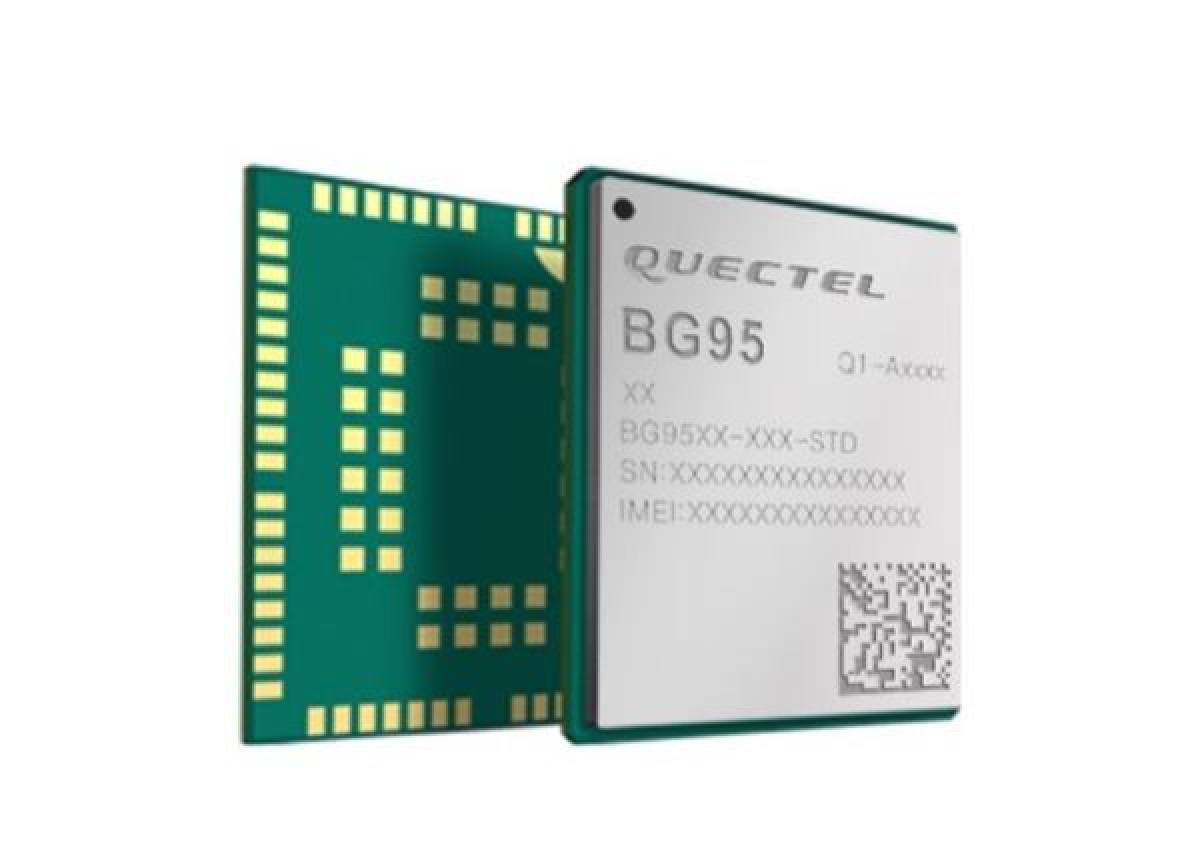The Pentagon on Wednesday labelled more than a dozen Chinese tech firms, including memory-chip maker Yangtze Memory Technologies Corp (YMTC), as “military companies” that pose a national security risk to the US.
Artificial intelligence companies Yitu Technology and Beijing Megvii, drone maker Chengdu JOUAV, lidar maker Hesai Technology and tech company NetPosa are also entities that operate in the United States but have ties to the Chinese military, according to the US Defence Department.
US further restricts China from AI chips to hinder military development
US further restricts China from AI chips to hinder military development
First established under the National Defence Authorisation Act for fiscal year 2021, the 1260H list is updated annually by the Defence Department.
Being named on the list does not involve a complete ban, but it does render the firms ineligible for Defence Department contracts. Additionally, the label could lead to blacklisting by the US Treasury Department to curb the companies’ access to American capital.
Three Chinese firms were also removed from the updated list on Wednesday: hi-tech electronic components manufacturer Fujian Torch Electron Technology, the China International Engineering Consulting Corp and SMIC Hong Kong International Co Ltd, which makes semiconductors.

However, despite pressure from the US House committee on competition with China, Quectel, a Chinese Internet of Things firm, was not added to the list.
According to Bill Drexel of the Center for a New American Security, a Washington-based think tank, the update to the list “stands as a reminder that the Sino-American economic relationship – especially around technology – is continuing to fray, and for good reason”.
He said that while the Chinese Communist Party would not back down from its military-civil fusion strategy, “Americans cannot afford to be naive about the pronounced role that ostensibly private companies in China play in building out China’s military might, with direct strategic implications for American national security.”










